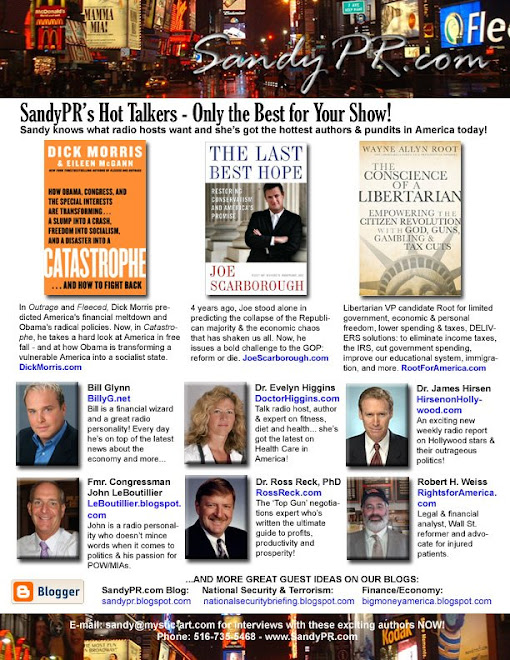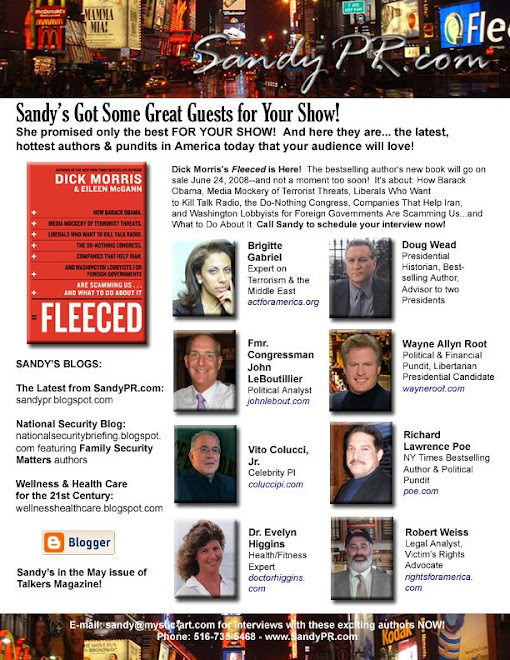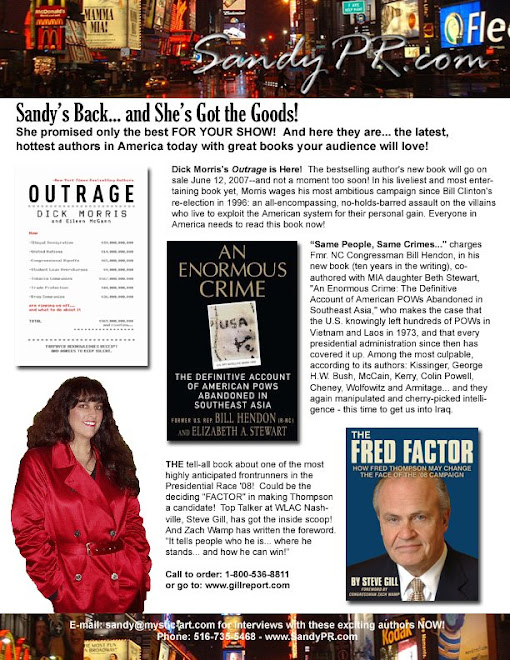With the presidential election heating up daily and the
media, the GOP and Republican Nominee, Donald Trump constantly making
references to President Reagan's much-admired accomplishments, comes a very
unique book about our 40th President. Heralded by Hon. George P. Shultz,
Secretary of State under President Reagan and renowned Reagan historians alike,
Reagan's 1968
Dress Rehearsal: Ike, RFK, and Reagan's Emergence as a World Statesman
is an inspiring never-before-told history of how Ronald Reagan began to restore
pride in America when he first ran for president in the late 1960s.
Author and historian, Gene Kopelson's
tireless research uncovered findings based upon never-before-analyzed critical
archives. He reveals may lessons President Reagan can teach us today that
mirror the past.
America is torn by racial strife, as blacks
riot in the cities. A Democrat president is mismanaging a war in Asia, as he
refuses to let American forces win the war. A Democratic leader sides with the
law breakers and says that blacks do not have to obey the law. Is this 2016?
No, it's the mid-1960s, and the only candidate running for the presidency who
wants the rule of law to be paramount and to apply equally to all American
citizens is the Republican candidate running for president for the first time:
Ronald Reagan.
As part of a secret Kennedy-organized plan
to harass conservative political enemies, RFK arranges for the IRS to audit ten
years of Ronald Reagan's taxes. Then RFK pressures CBS to cancel Reagan's TV
show. Faced with no income, Ronald Reagan decides to enter politics but needs
the advice of a highly-respected senior political elder of the same
conservative philosophy.
Reagan turns to former President Dwight
Eisenhower, and this begins a never-before-described multi-year political
mentorship and friendship that changed American and world history. Eisenhower
guided Reagan to win the governorship of California and then, as Reagan first
sought the presidency in 1967-68, Ike mentored Reagan on world affairs. Indeed,
future President Ronald Reagan's successes in no small part depended upon his
fulfillment of Ike's policies, whose effects are very much with us today.
A steadfast and principled conservative is
running for president for the first time. He is an accomplished speaker who
electrifies his audiences but is opposed by the GOP's establishment. Yet the
grassroots American public loves him. Is this 2016? No, it's 1968 and Ronald
Reagan is generating huge enthusiasm across the country as he tries to win the
nomination from establishment-favorite Richard Nixon.
Early in the 20th century, Republican
President Theodore Roosevelt first called for Americans never to be divided
into subgroups; he wanted all citizens to be called Americans first. Yet
Democrats call for division: they call Americans by hyphenated subgroups to
promote discord: Black Americans, Mexican Americans, etc. In the mid and late
1960s, Roosevelt's call was continued by Republican Ronald Reagan on his first
quest for the presidency and by his hidden political mentor, Republican and
former president, Dwight Eisenhower. They saw through the Democrats' plan for
divisiveness in order to claim grievances and garner votes.
Both Reagan and Eisenhower called for all
citizens to see themselves as Americans first and to identify with the pride
and goodness of their country. During Reagan's first campaign for the
presidency in 1966-1968, and in the correspondence between Reagan and Ike, this
theme of discarding the Democrats' "hyphenated Americans" was a
critical theme for the unity of all Americans.
ABOUT THE AUTHOR: Gene Kopelson is president of the New England chapter, and on the
Board of Trustees, of the Theodore Roosevelt Association, an active
Churchillian, and a holocaust educator. As an historian, he has published works
on Theodore Roosevelt's Great White Fleet, Ronald Reagan's 1966 campaign and
Mexican American voters, the 1968 Nebraska and Oregon Republican primaries, and
Washington State Republican politics in the 1960s. His research on Reagan and
Eisenhower was featured in 2015 at the 125th Commemoration of the Birth of
Dwight Eisenhower at the Dwight D. Eisenhower Presidential Library.
Kopelson is a popular speaker and frequent guest on talk radio.







No comments:
Post a Comment